Nuptropin is an injectable medication used to treat conditions related to growth hormone deficiency. It is packaged in boxes of 10 vials, each containing 12IU of the active ingredient, which results in a total of 120IU per box.
Composition:
Nuptropin contains 191 amino acids (191aa), which is the same structure as the naturally occurring human growth hormone. It is manufactured using recombinant DNA technology to produce a synthetic version of the hormone.
Uses:
Nuptropin is indicated for the treatment of growth hormone deficiency in children and adults, as well as for the treatment of short stature caused by Turner syndrome or chronic renal insufficiency. It can also be used to treat other medical conditions related to growth hormone deficiency.
Usage and Dosage:
Nuptropin is administered by subcutaneous injection, with the dosage and frequency determined by the healthcare practitioner according to the patient’s age, weight, and condition. The recommended starting dose for children is 0.1 to 0.15 IU/kg per day, while the recommended dose for adults is 0.15 to 0.3 IU/kg per day. It is important not to exceed the prescribed dose, as this may result in adverse effects.
Storage Conditions:
Nuptropin should be stored in the refrigerator at a temperature of 2 to 8°C. If kept in optimal conditions, it has a shelf life of up to 24 months. Do not freeze or expose to direct sunlight.
Mechanism of Action:
Nuptropin works by binding to specific receptors in the liver and other tissues in the body, stimulating the production of insulin-like growth factor 1 (IGF-1). IGF-1 promotes growth by stimulating the proliferation of chondrocytes (cartilage cells) and osteoblasts (bone-forming cells), as well as enhancing protein synthesis and reducing protein breakdown.
Contraindications:
Nuptropin should not be used in patients with a hypersensitivity to the active ingredient or any of the excipients used in the medication. It is also contraindicated in patients with active malignancy, as well as those with closed epiphyses (the end of long bones).
Interactions:
Nuptropin may interact with other medications that affect glucose homeostasis, such as glucocorticoids or insulin. Patients should inform their healthcare provider of any medications or supplements they are taking before using Nuptropin.
Side Effects:
Common side effects of Nuptropin include swelling, redness, or pain at the injection site, as well as headache, nausea, and joint pain. Other potential side effects include edema, carpal tunnel syndrome, and insulin resistance. If any severe or persistent side effects are experienced, patients should seek medical attention immediately.
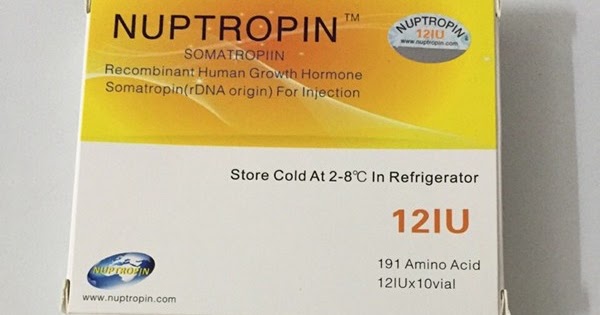
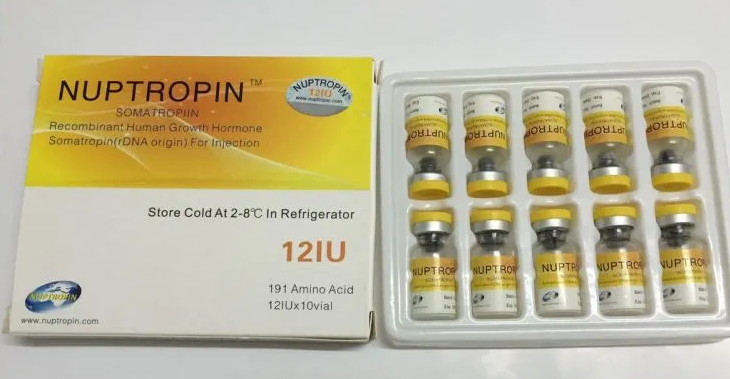
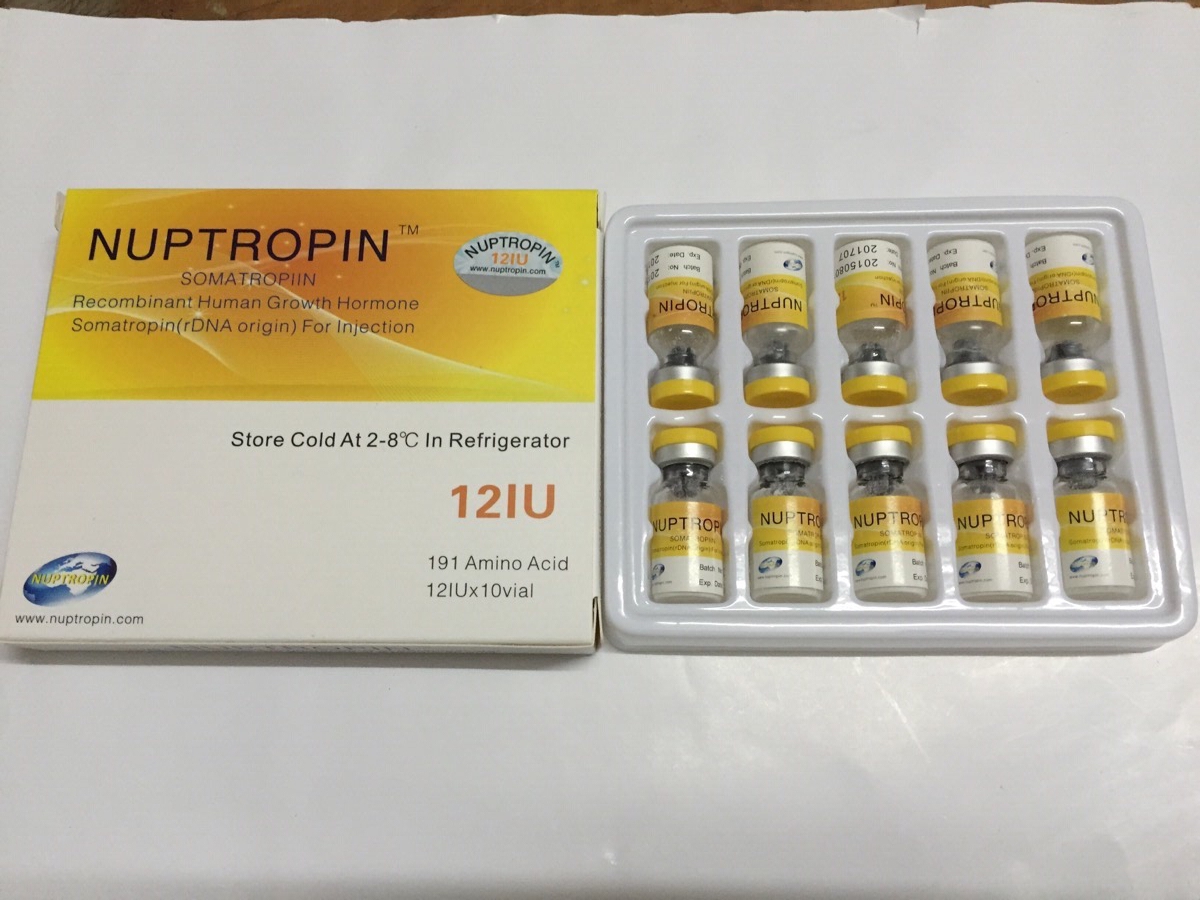
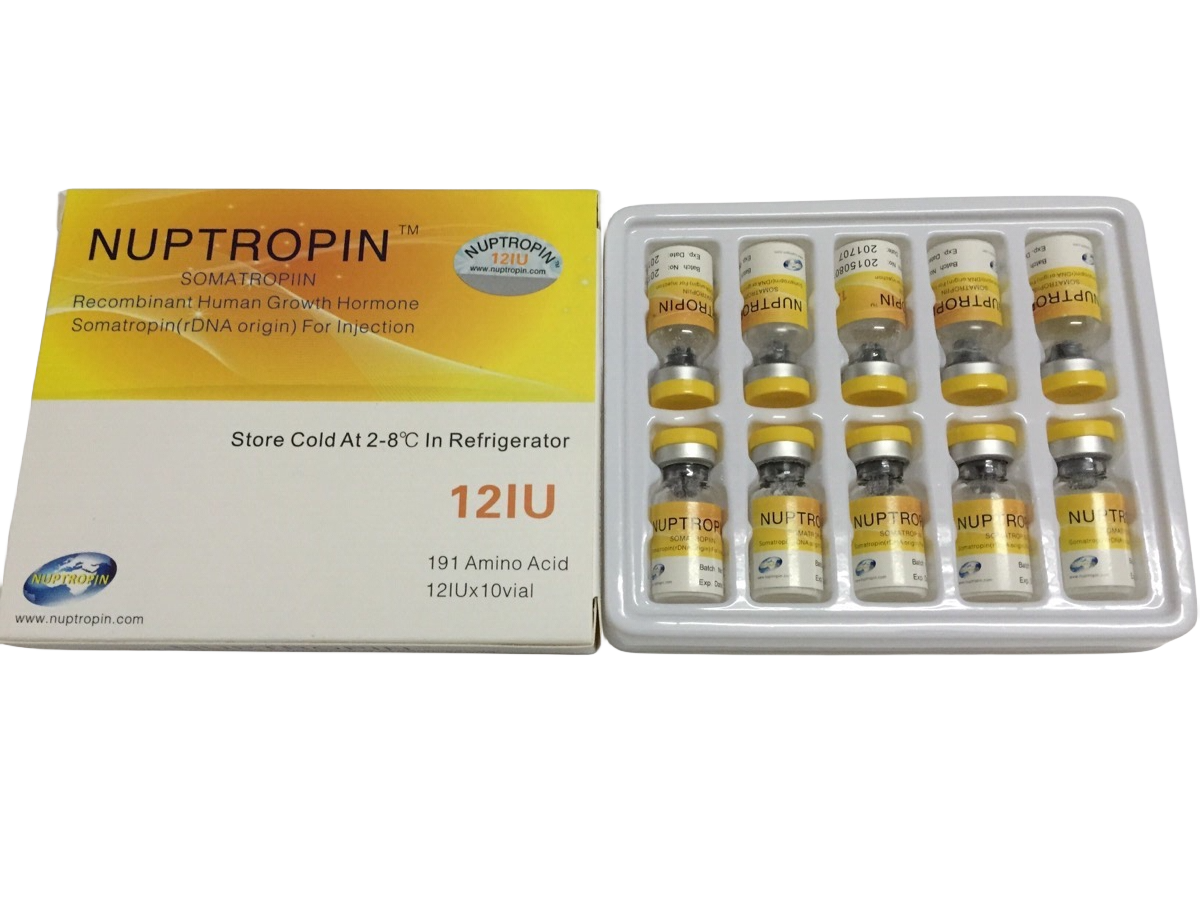


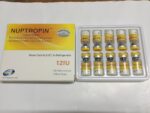
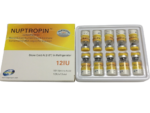
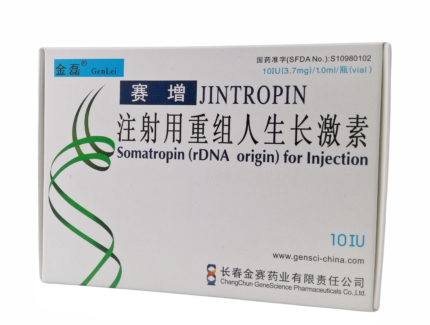



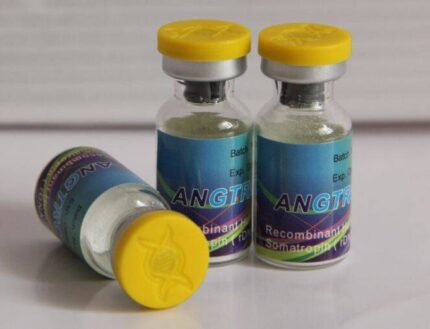

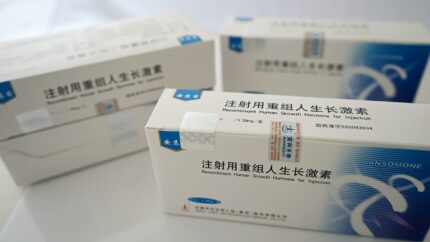

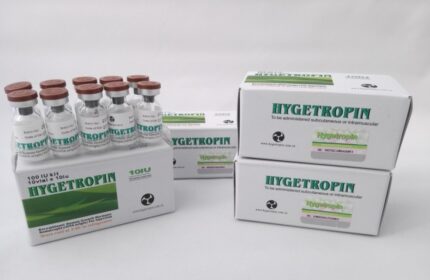
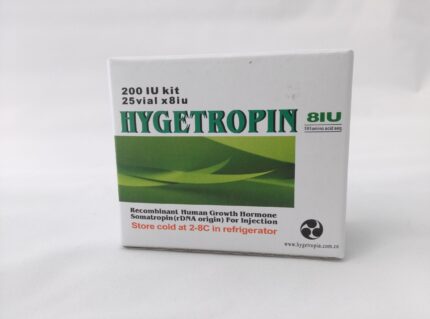
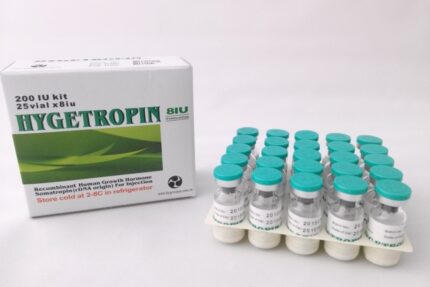
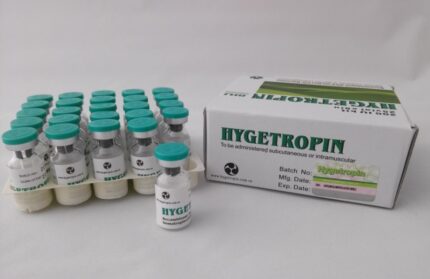
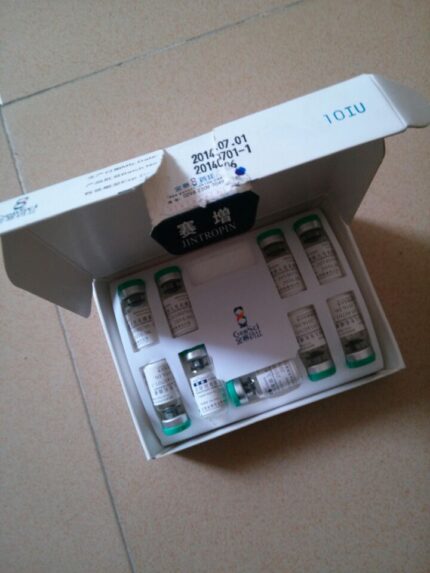
Reviews
There are no reviews yet.